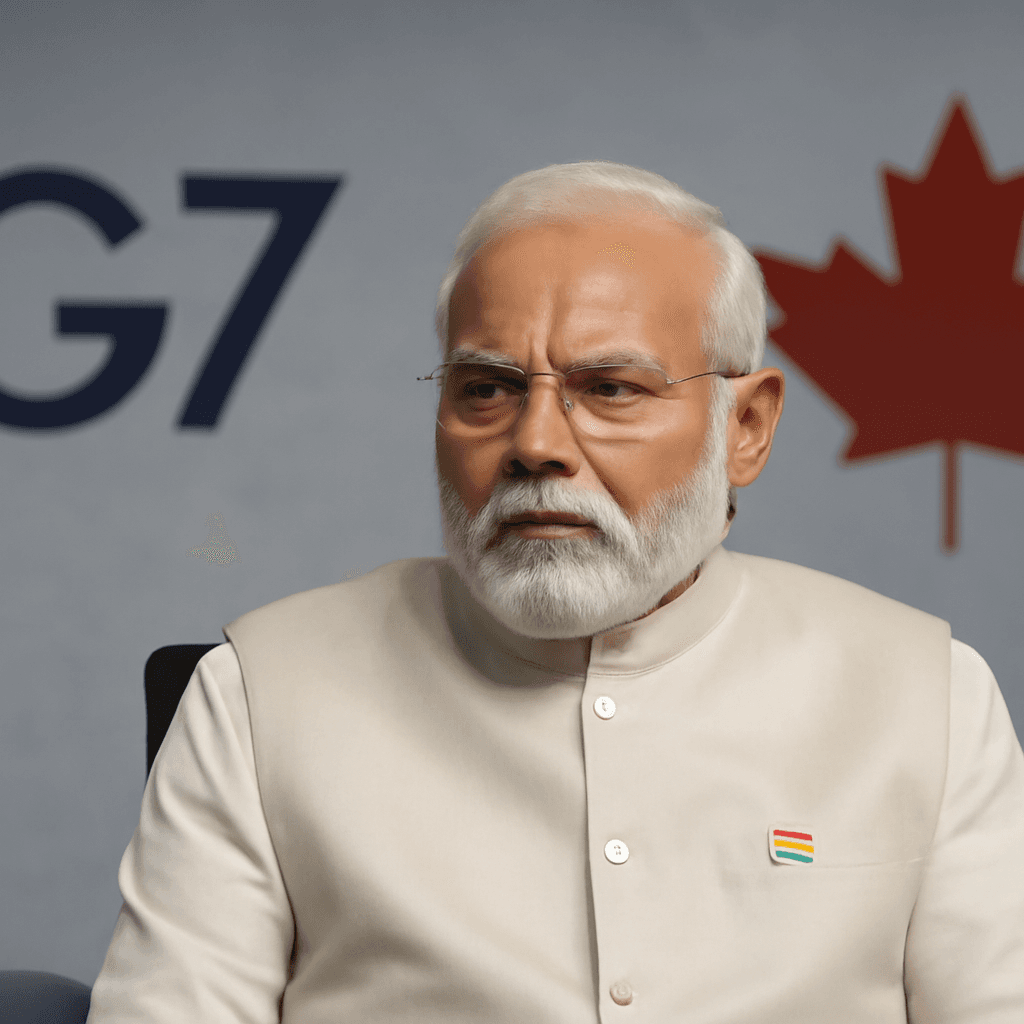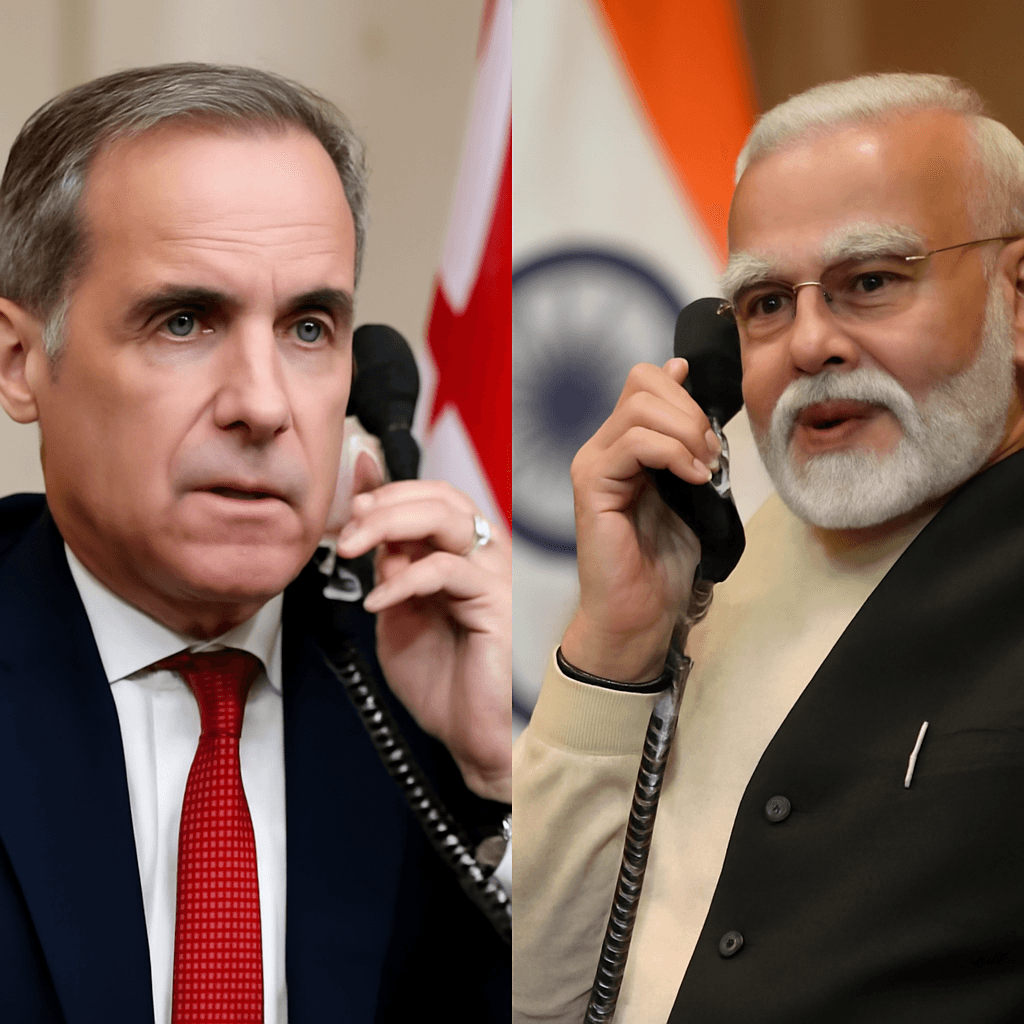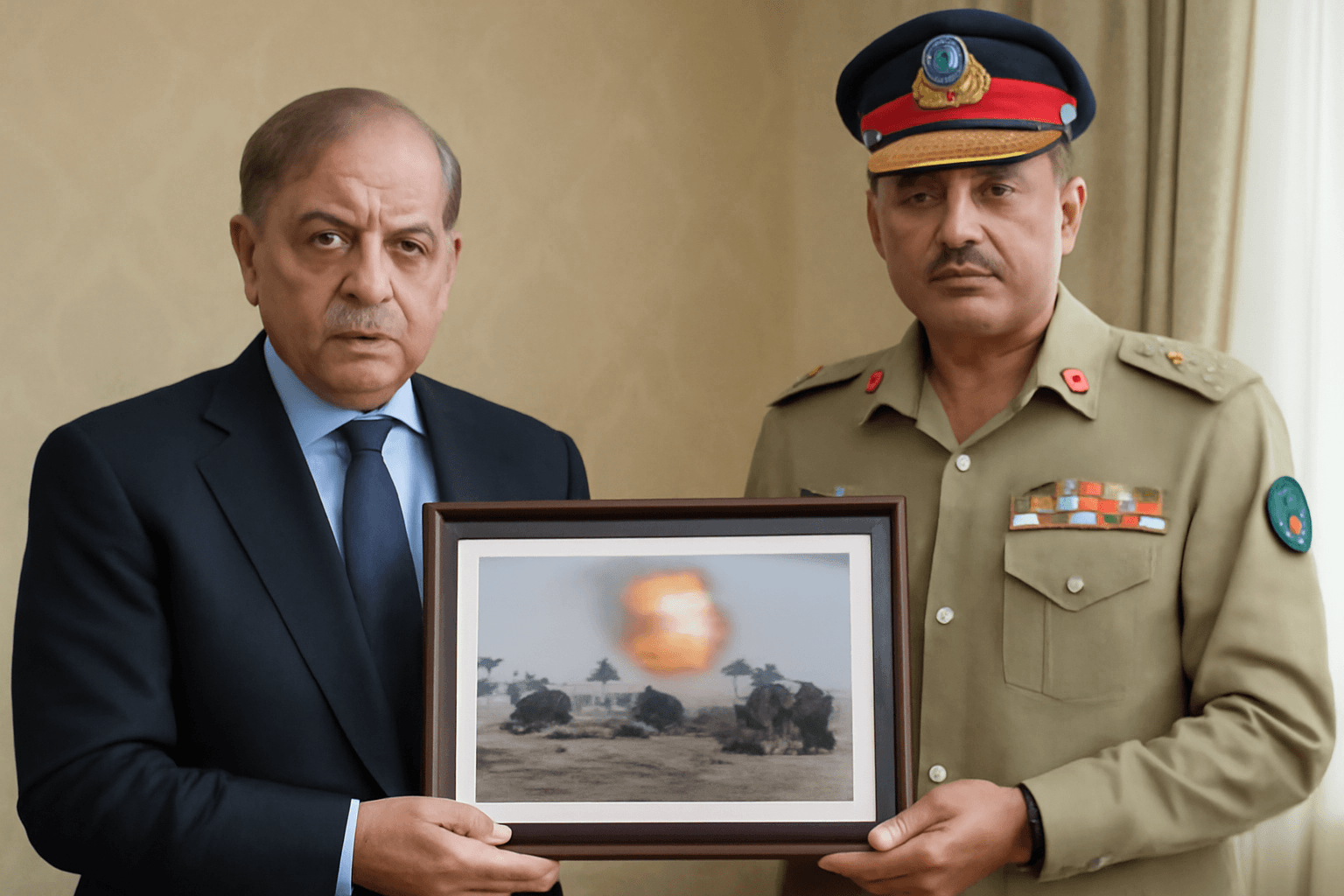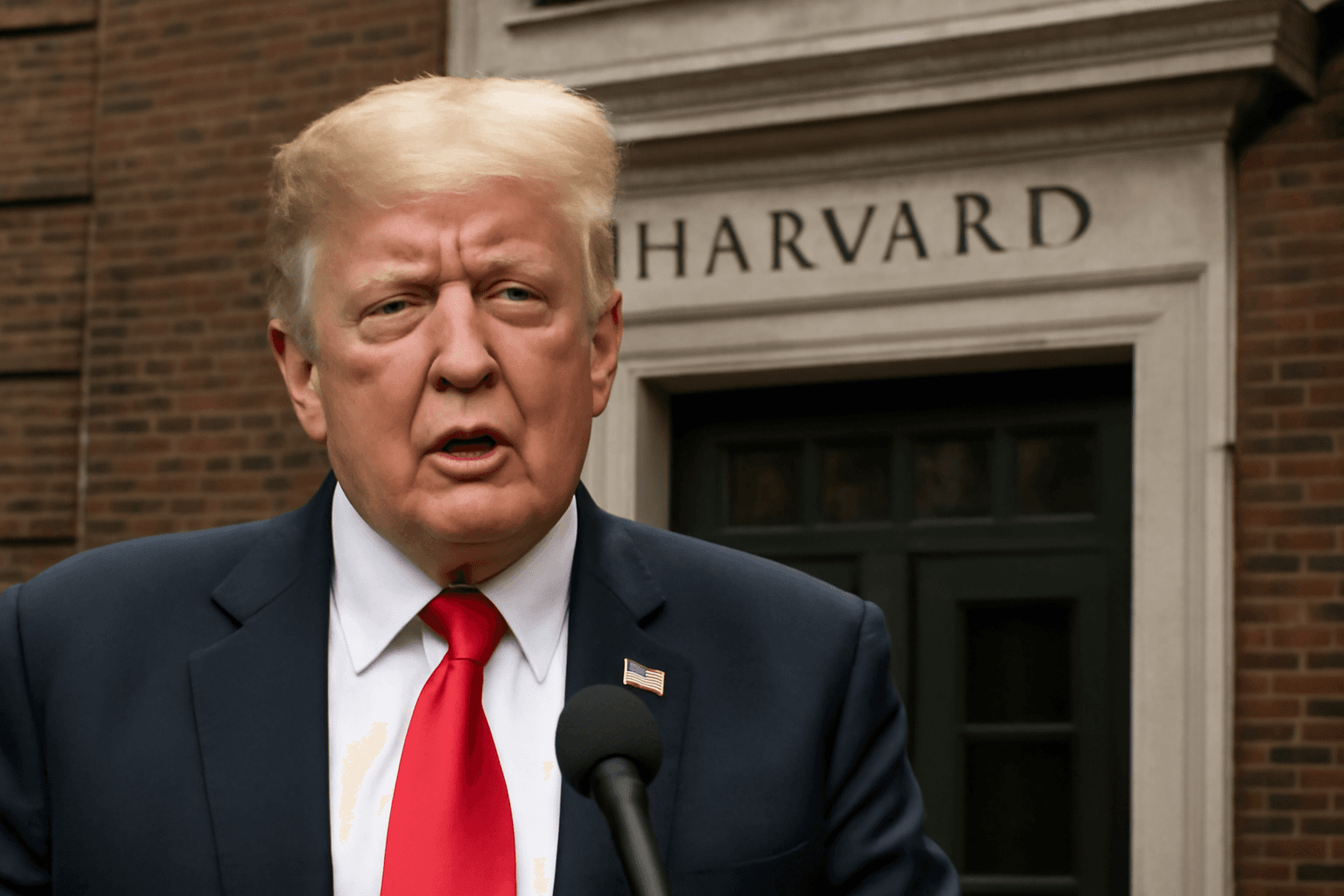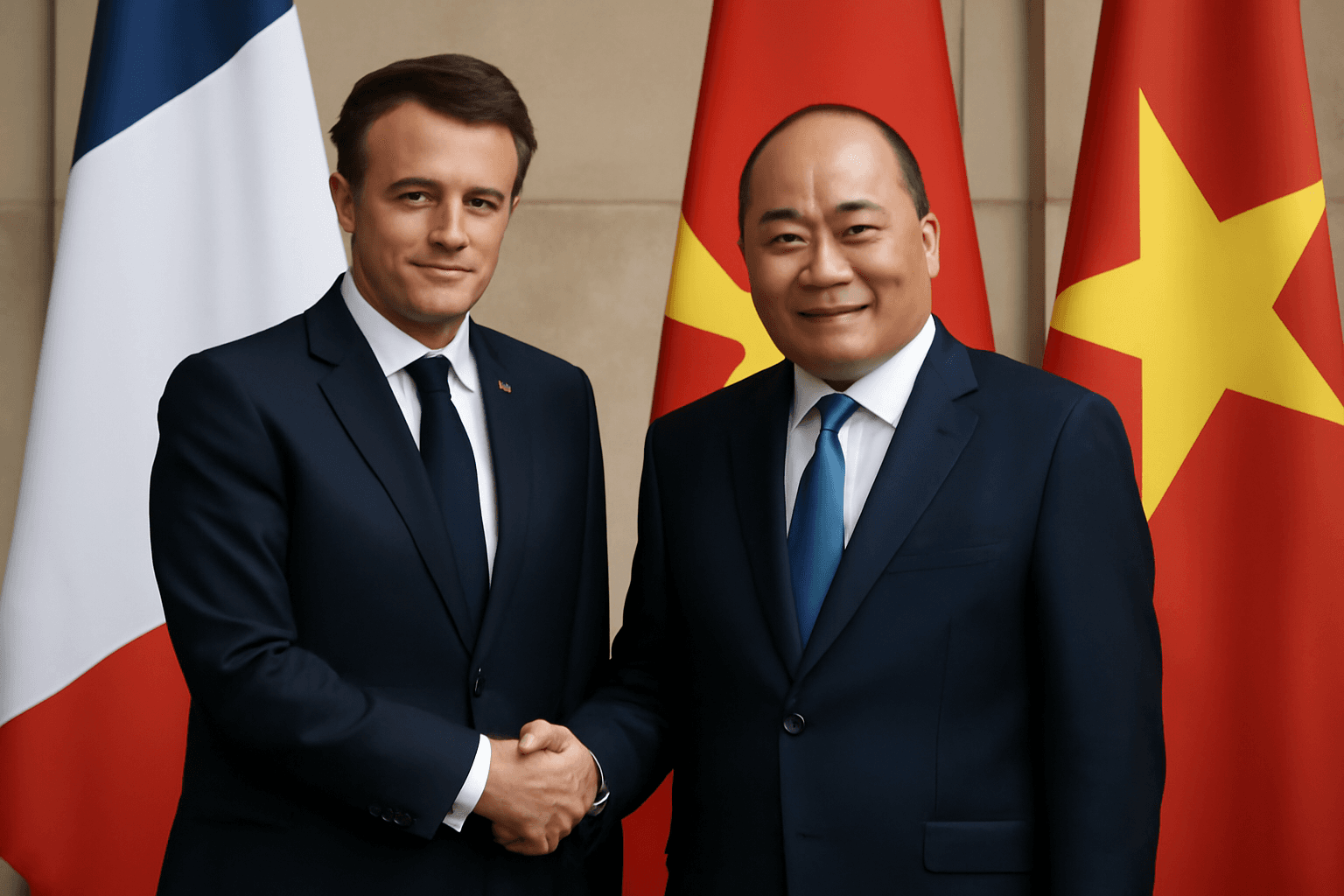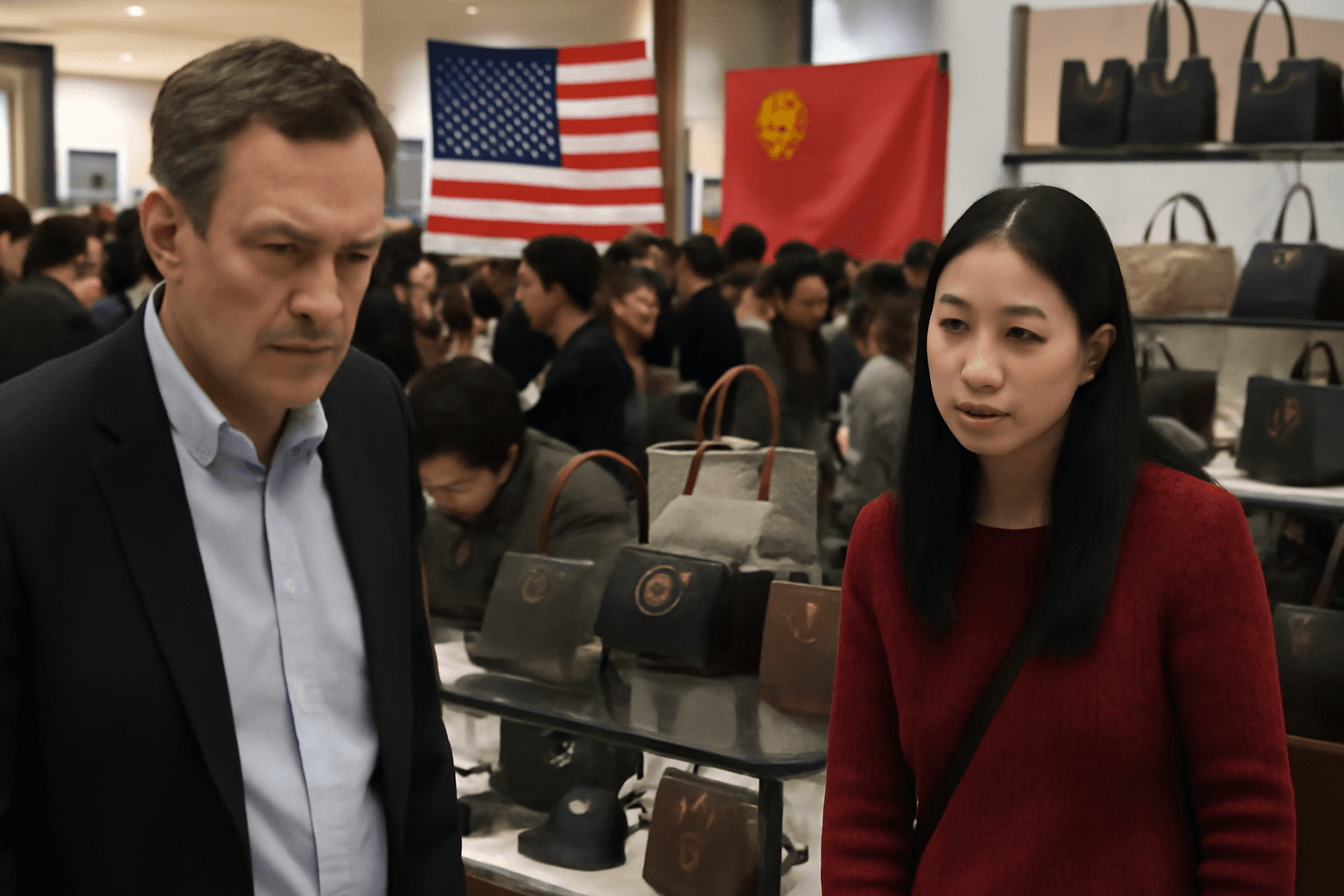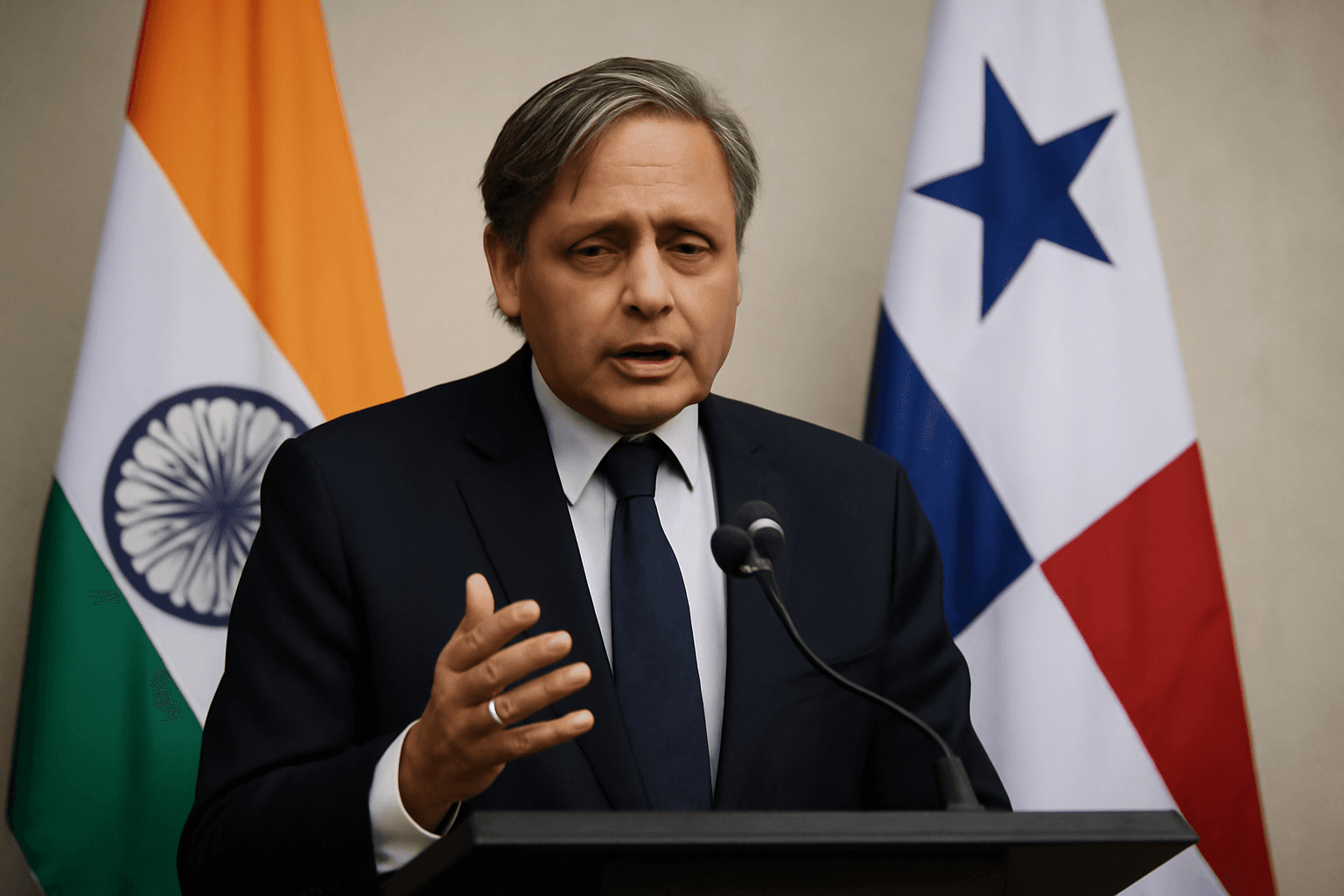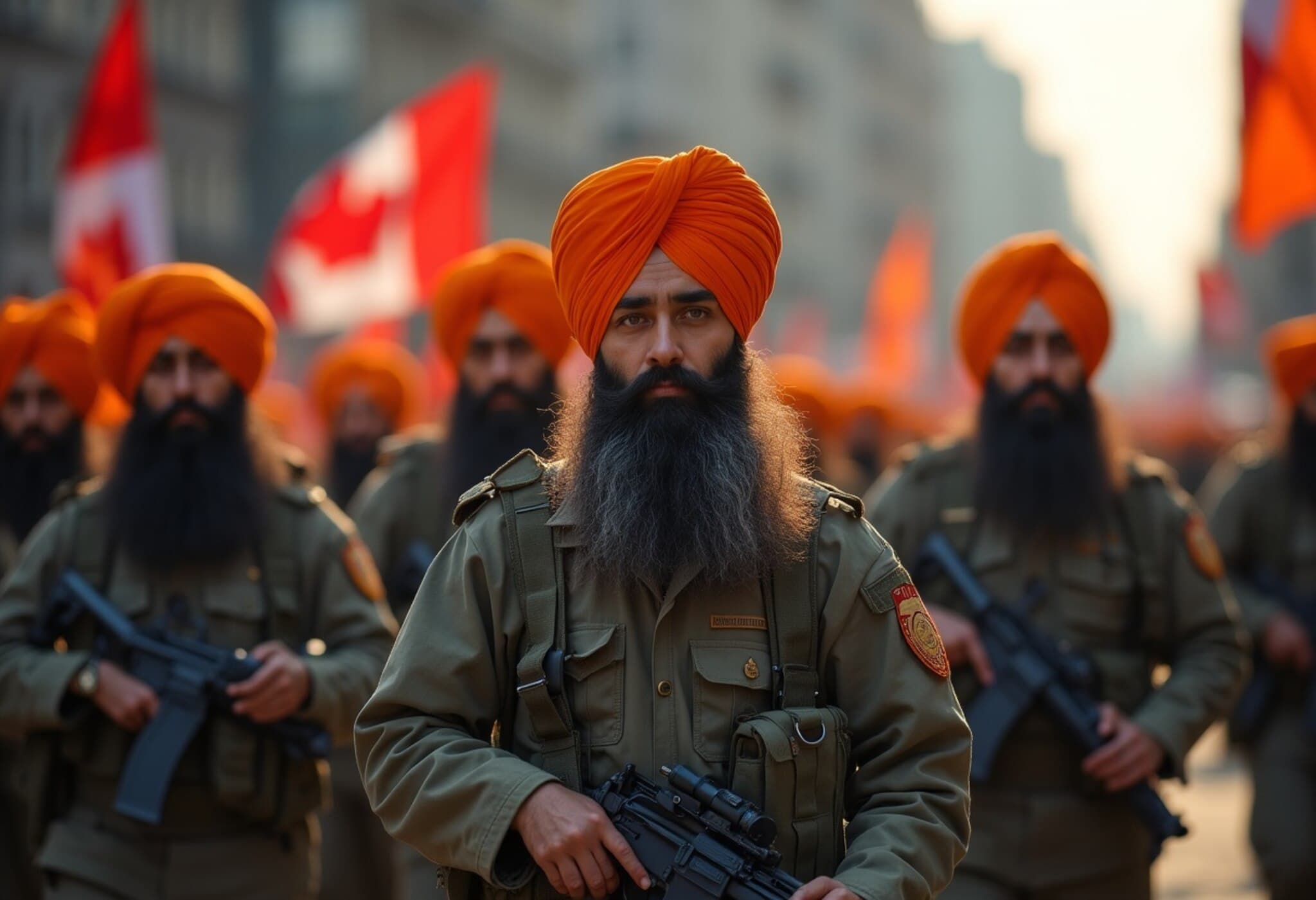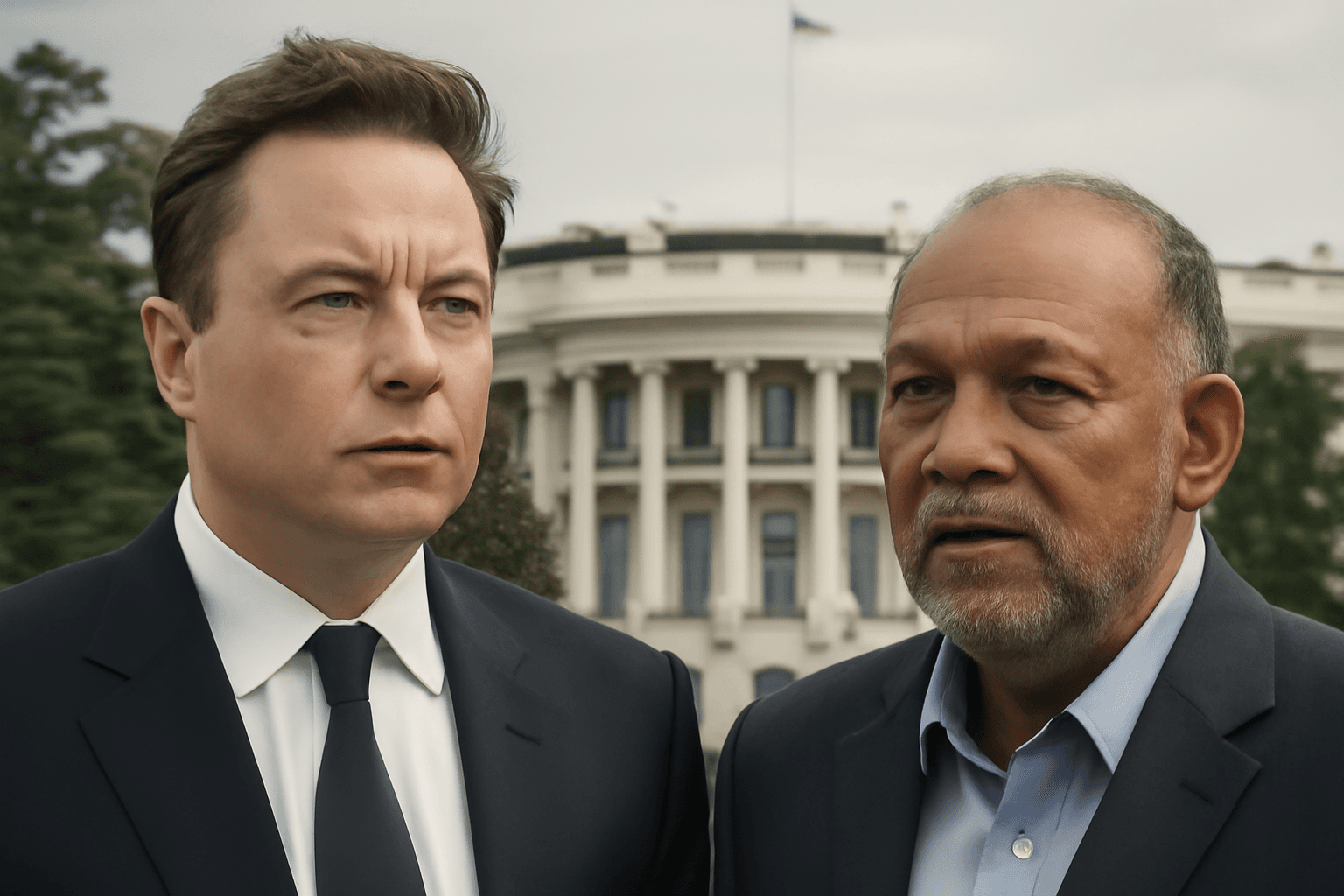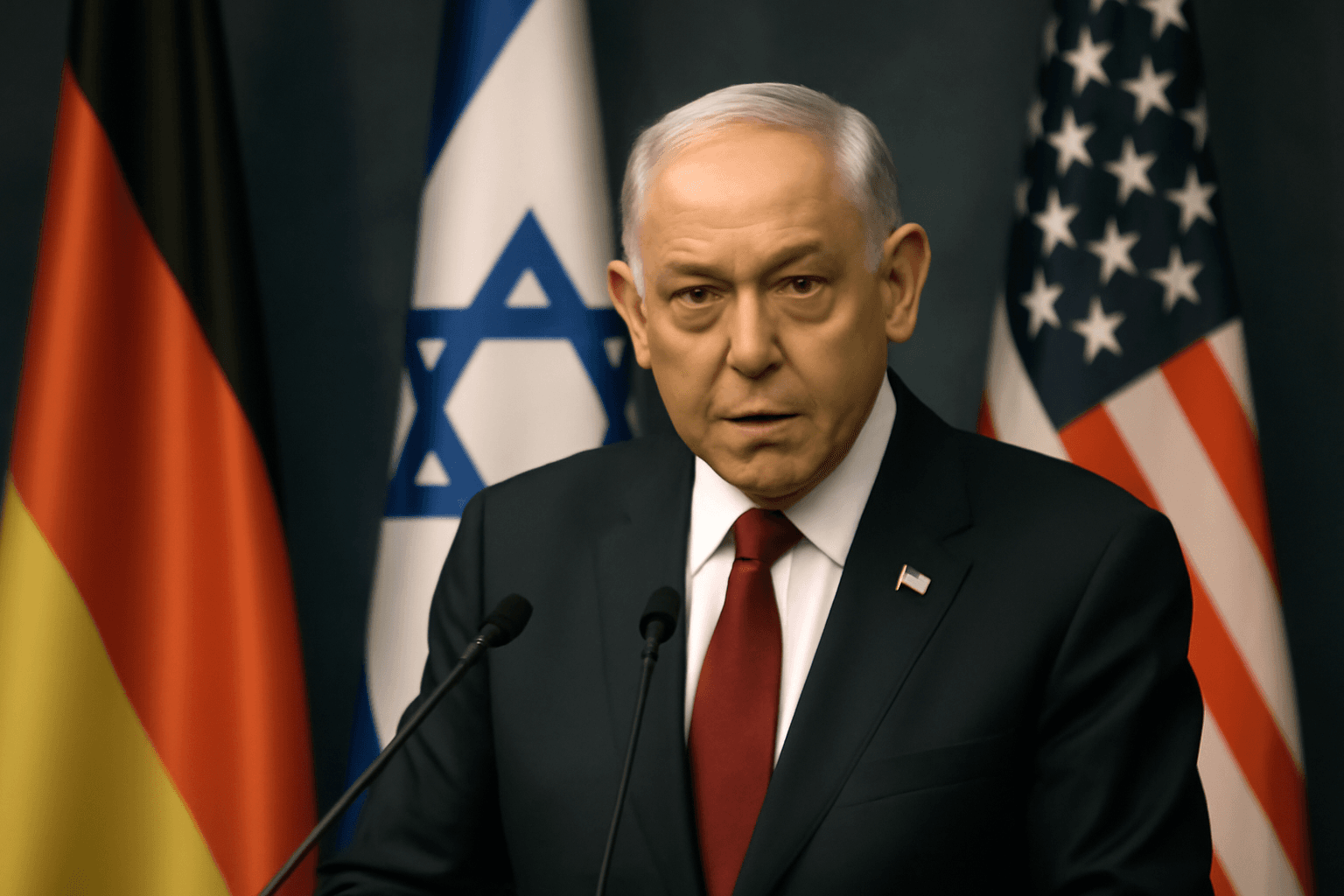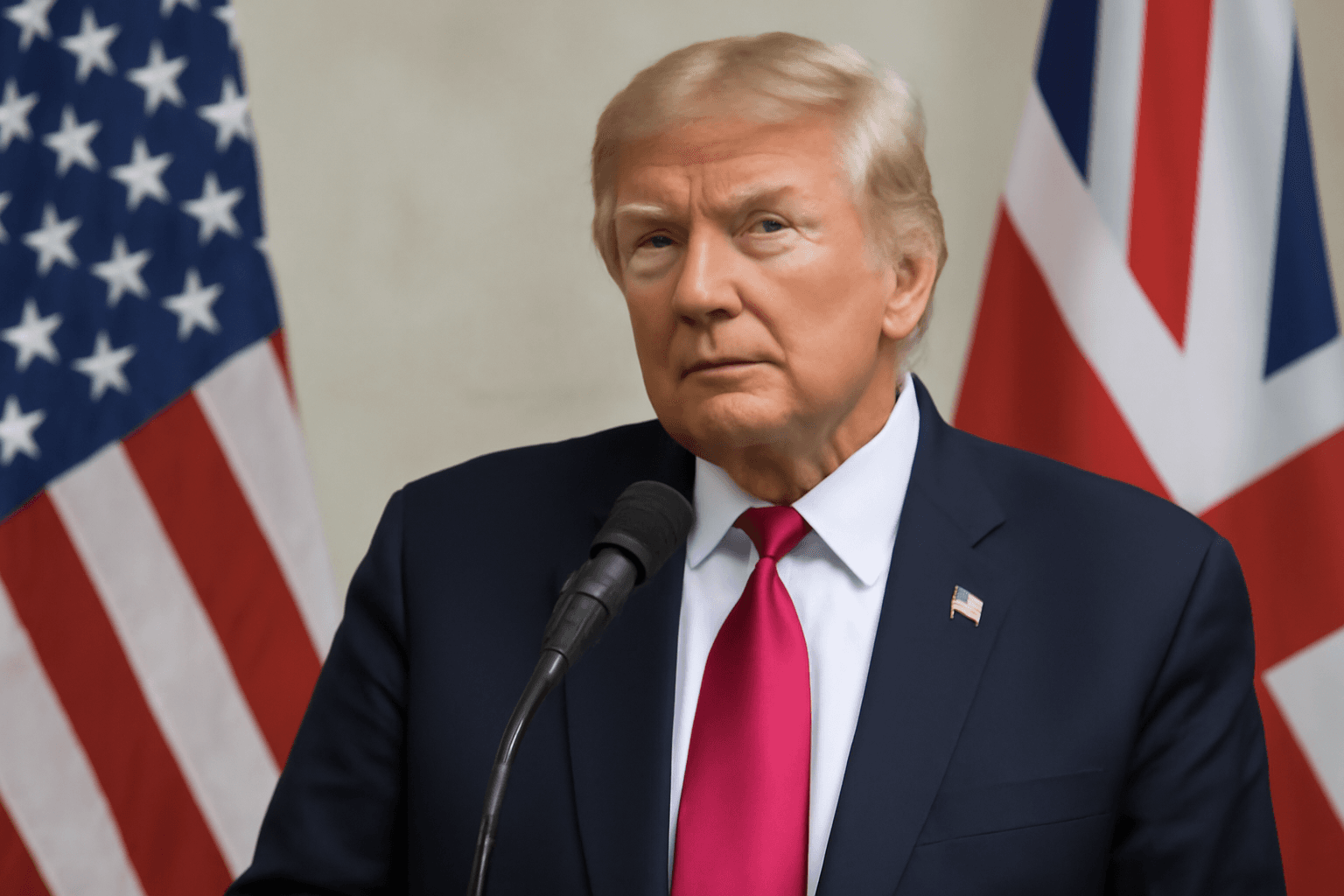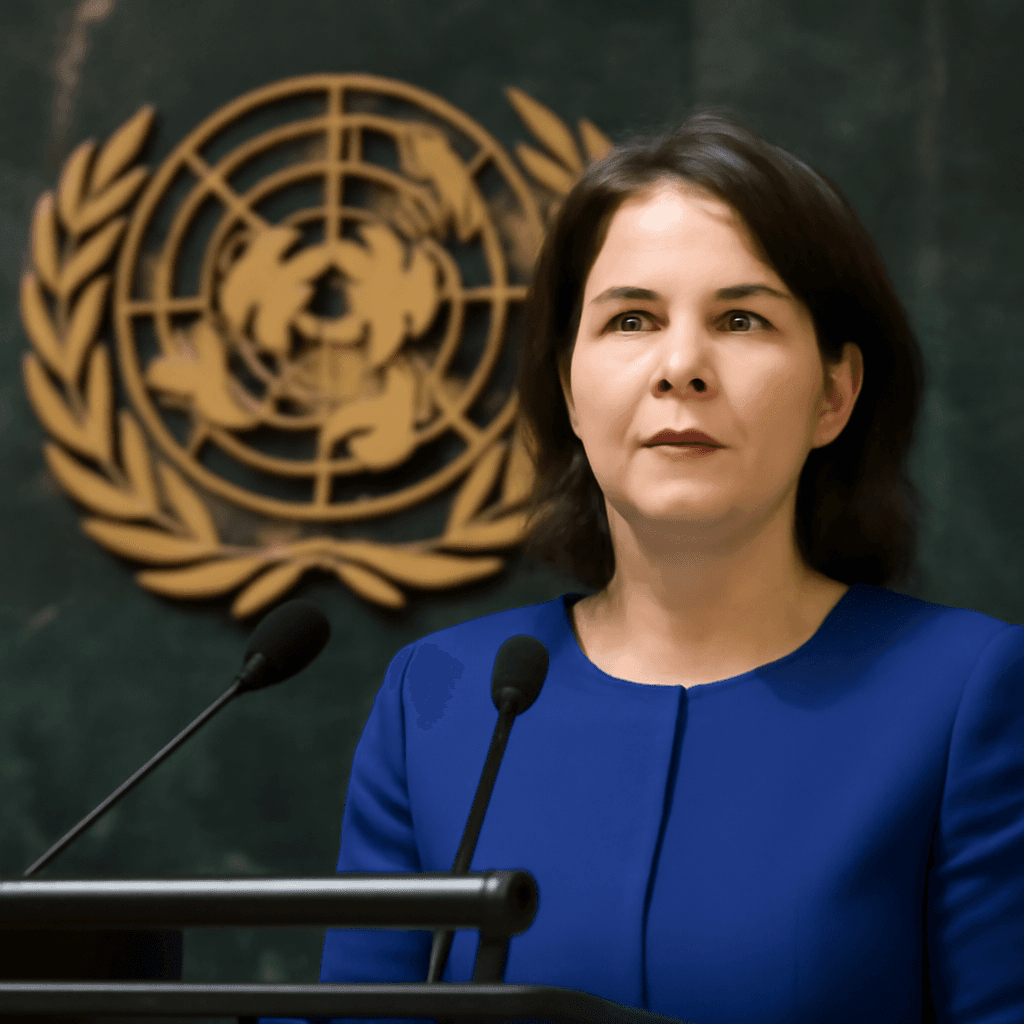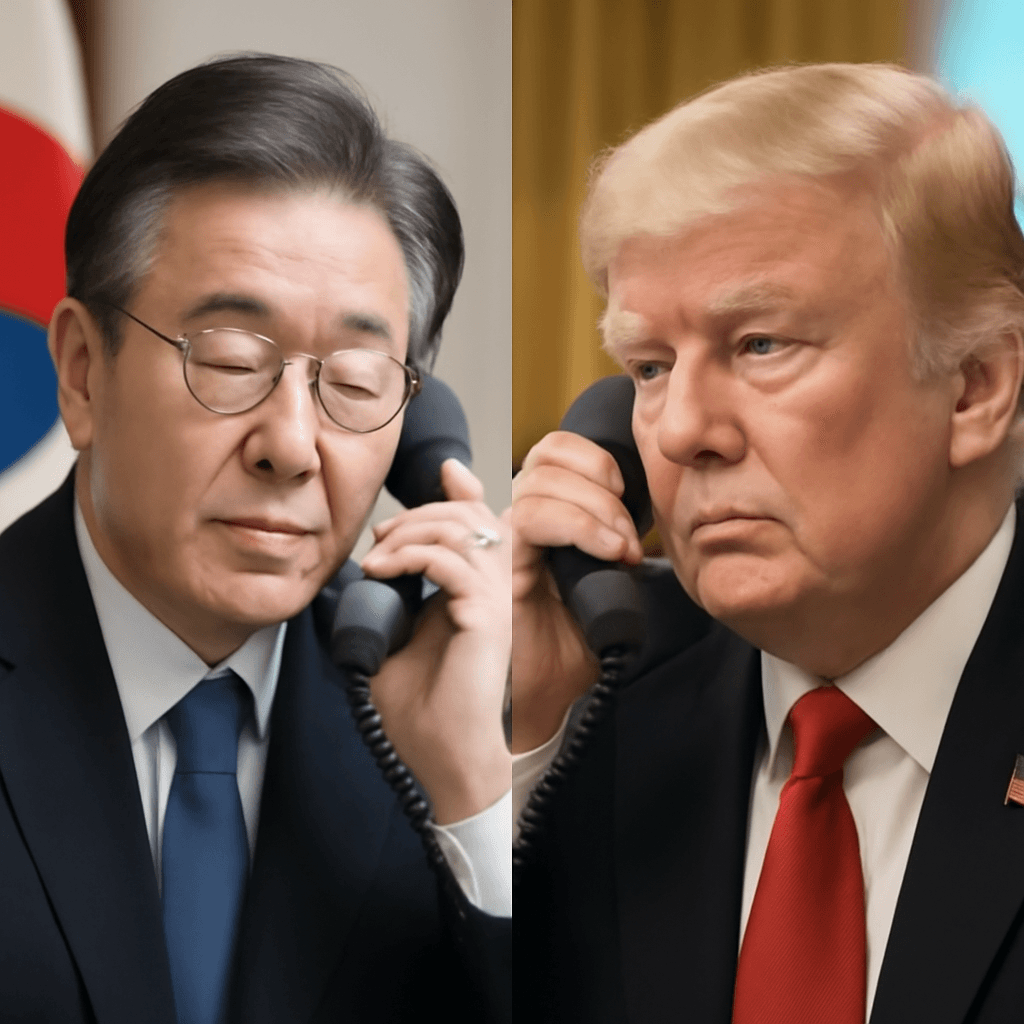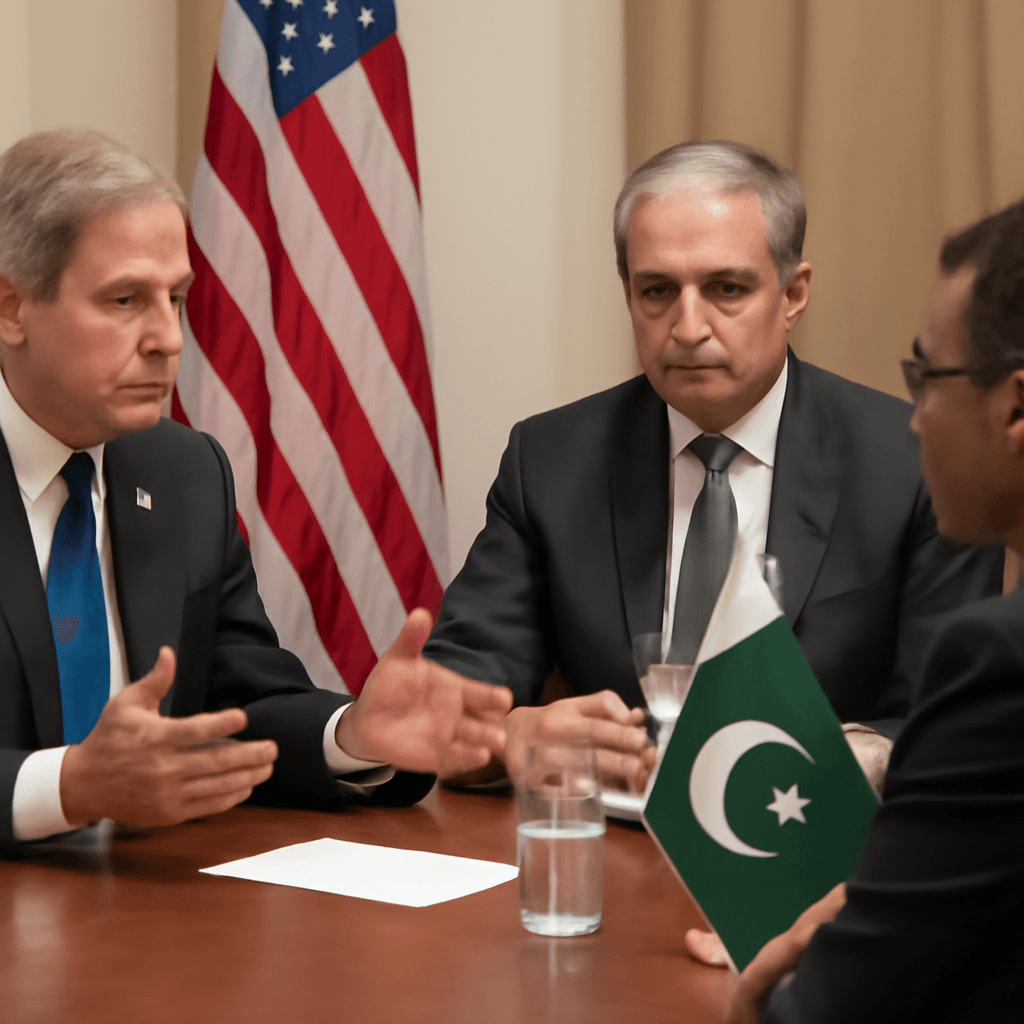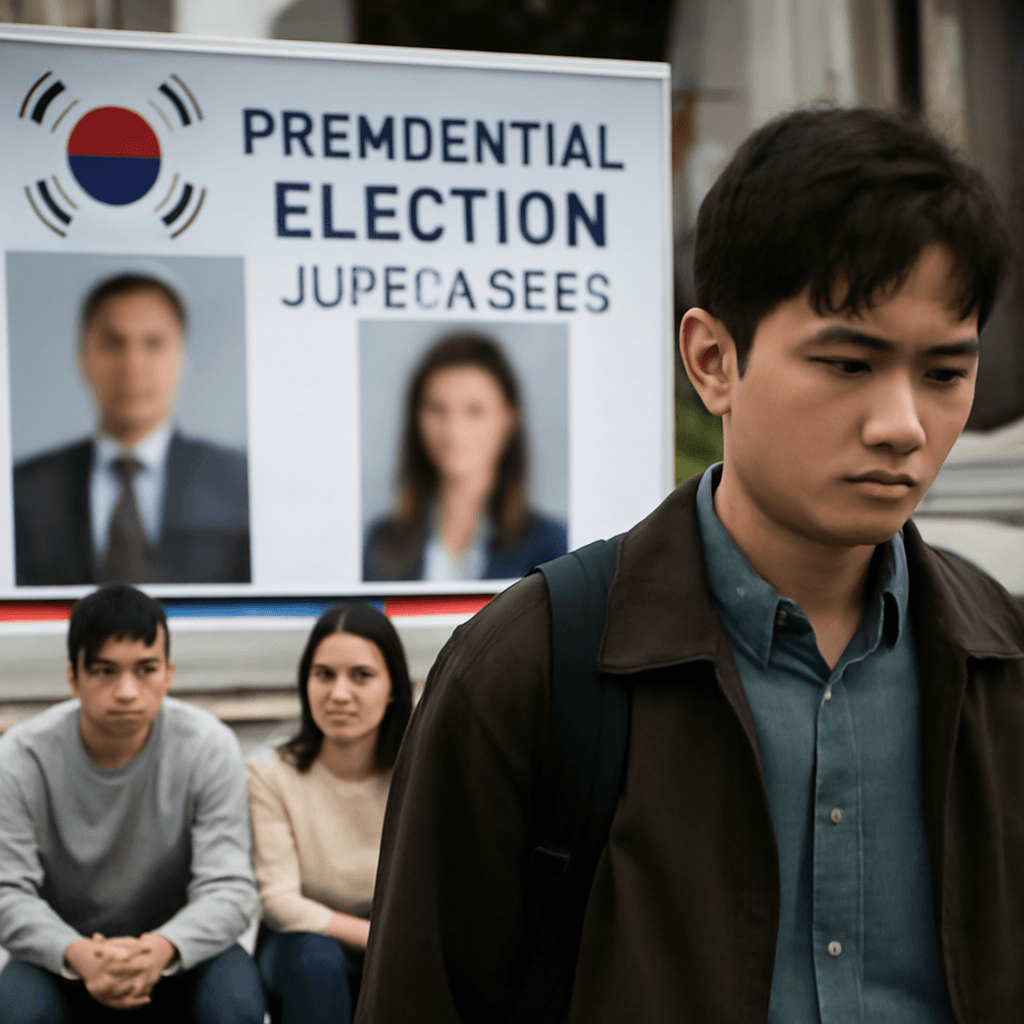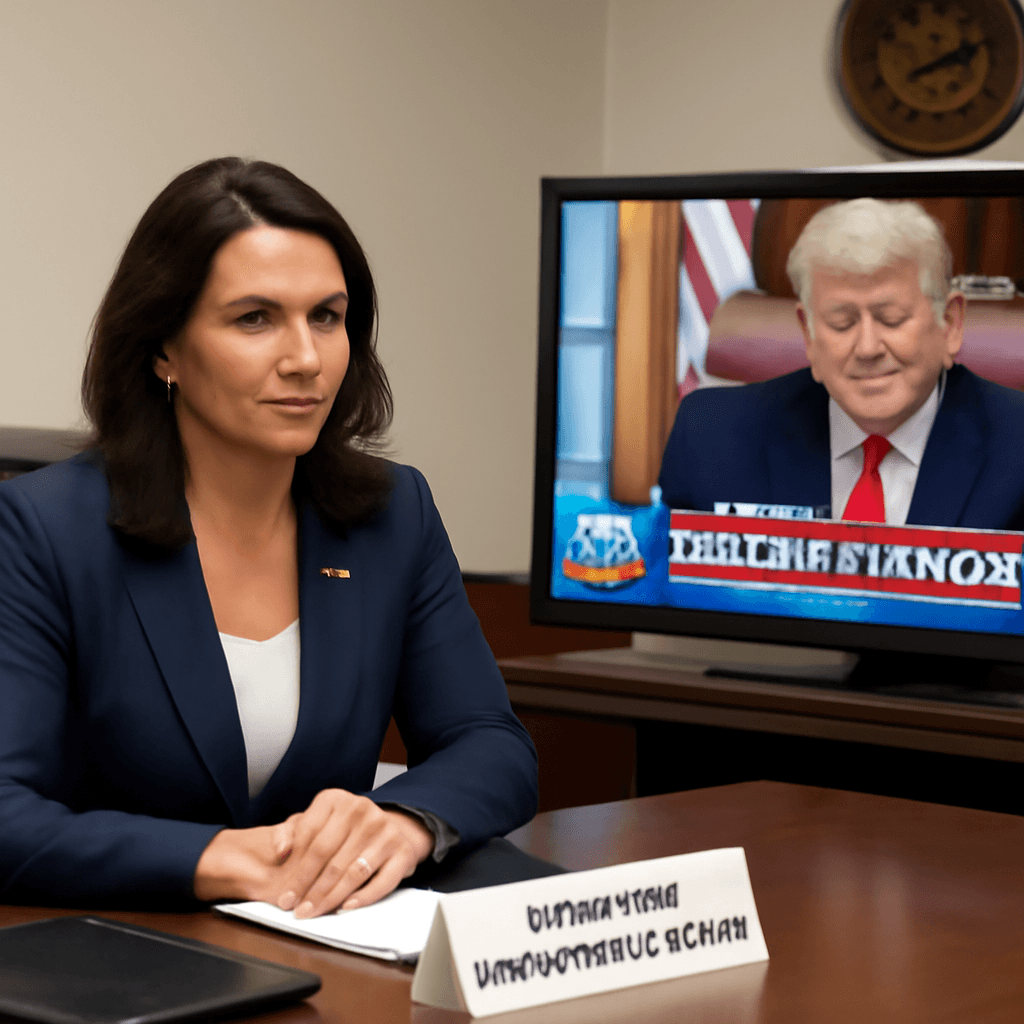The ongoing Khalistan issue has resurfaced tensions between India and Canada after pro-Khalistani Punjabi singer Jaswinder Singh Bains, popularly known as Jazzy B, was invited to the British Columbia (BC) Legislative Assembly.
The invitation stirred significant controversy, highlighting concerns that Canada is once again promoting pro-Khalistani voices. Independent MLA Dallas Brodie shared a video showing BC Conservative MLA Steve Kooner expressing admiration for Jazzy B, amplifying the debate.
Jazzy B's presence at the assembly is viewed by some as reflective of Canada's political approach to gaining support within certain voter demographics, echoing similar controversies during former Canadian Prime Minister Justin Trudeau's tenure, which also strained India-Canada relations.
In the video uploaded by Kooner, he introduced Jazzy B by recalling the singer’s performance of a song originally sung by his father decades ago. Kooner also welcomed other community members, underscoring the cultural significance of the event for some local politicians.
However, Brodie condemned the assembly's welcoming of several pro-Khalistani figures associated with glorifying violence and extremist acts in their music, labeling the event an insult to the legislature. The New Democratic Party (NDP), which was led by pro-Khalistani supporter Jagmeet Singh until recently, was also involved in welcoming these figures. Singh resigned after losing his seat in the recent national elections, which saw the NDP decline from 24 to eight seats.
Further criticism came from media correspondents who highlighted Jazzy B's association with Khalistani activism, pointing to music video imagery featuring Jarnail Singh Bhindranwale, the separatist leader linked to calls for violence against Hindus.
Jazzy B shared several photos on social media expressing gratitude for the invitation to the BC Legislature, describing the honor and appreciation he felt from the event's hosts.
This incident is reportedly being closely monitored by Indian authorities amid the absence of high commissioners in the two countries, signifying ongoing diplomatic sensitivities surrounding the Khalistan movement and its impact on bilateral relations.


